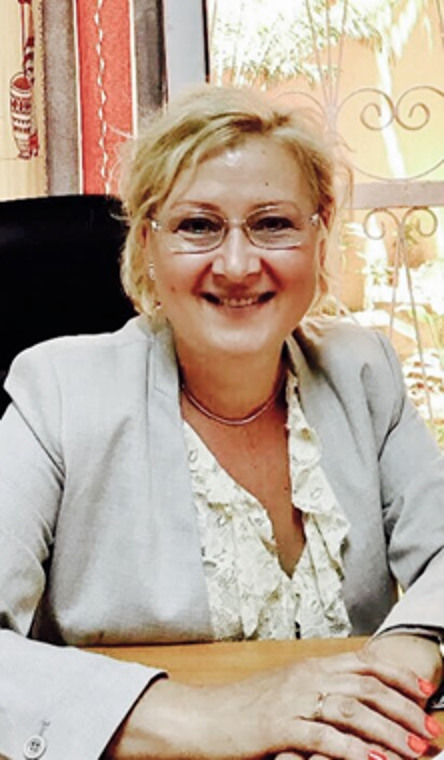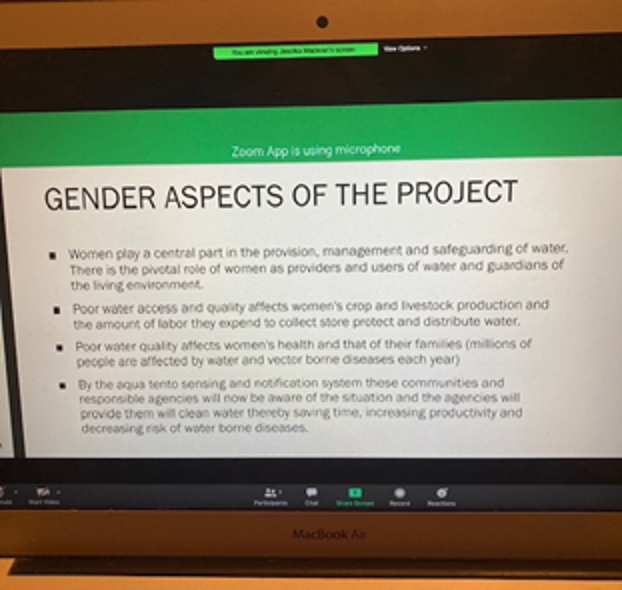
Hello! I’m Ana Androsik, Director, Feminist Data and Research – FDR Inc.
We have learned a great deal from our gender assessment and evaluation experience in Ghana and the West African region as a whole while working with professionals from a consortium including Kwame Nkrumah University of Science and Technology in Ghana, Safe Water Network – Ghana, Feminist Data and Research – FDR, Inc., Canada, AECOM, and Engineers-Without-Borders-USA.
We thought it would be great to share our experience of a feminist/gender assessment in such formerly masculine field as engineering. We identified a systemic problem with a lack of targeted industry training and research application for students in engineering, in line with World Bank and IDRC sources. Take a look at Betcherman, Gordon & Themrise Khan, Youth Employment in Sub-Saharan Africa, IDRC/The MasterCard Foundation, IDRC 2015 & World Bank Brief # 86082, Improving the Quality of Engineering Education& Training in Africa.
Strengthening Applied Engineering Research in Sub-Saharan Africa. Implications for Gender in STEM (SEESA) project has received funding from the Canadian government-funded International Development Research Centre (IDRC) and includes a gender equality component that aims to increase the number of women participation in Science, Technology, Engineering, Math (STEM) fields as well as enhance the quality of the curriculum so that it delivers gender-sensitive research and training by developing tools to evaluate the impact of project through feminist lens.
Through our project’s Gender Assessment tool development and piloting for this innovative IDRC project, we learned that gender assessment is central to the baselining of institutional and project capacity of all IDRC-funded innovative engineering projects. Our Gender Assessment tool was developed based on the amalgamation of tools used by the United Nations Women, International Labour Organization, and the like as well as based on the mixed methods of analysis of primary and secondary data pertinent to Gender Assessment in STEM.

The American Evaluation Association is hosting Feminist Issues in Evaluation (FIE) TIG Week with our colleagues in the FIE Topical Interest Group. The contributions all this week to aea365 come from our FIE TIG members. Do you have questions, concerns, kudos, or content to extend this aea365 contribution? Please add them in the comments section for this post on the aea365 webpage so that we may enrich our community of practice. Would you like to submit an aea365 Tip? Please send a note of interest to aea365@eval.org. aea365 is sponsored by the American Evaluation Association and provides a Tip-a-Day by and for evaluators. The views and opinions expressed on the AEA365 blog are solely those of the original authors and other contributors. These views and opinions do not necessarily represent those of the American Evaluation Association, and/or any/all contributors to this site.

Hello Ana,
I think it’s important to acknowledge the work women do in fields like that where it was uncommon for us to practice it. The point of view from women in fields like these should be heard and serve as inspiration for younger girls to have a wider imagination for what they want to achieve in life.